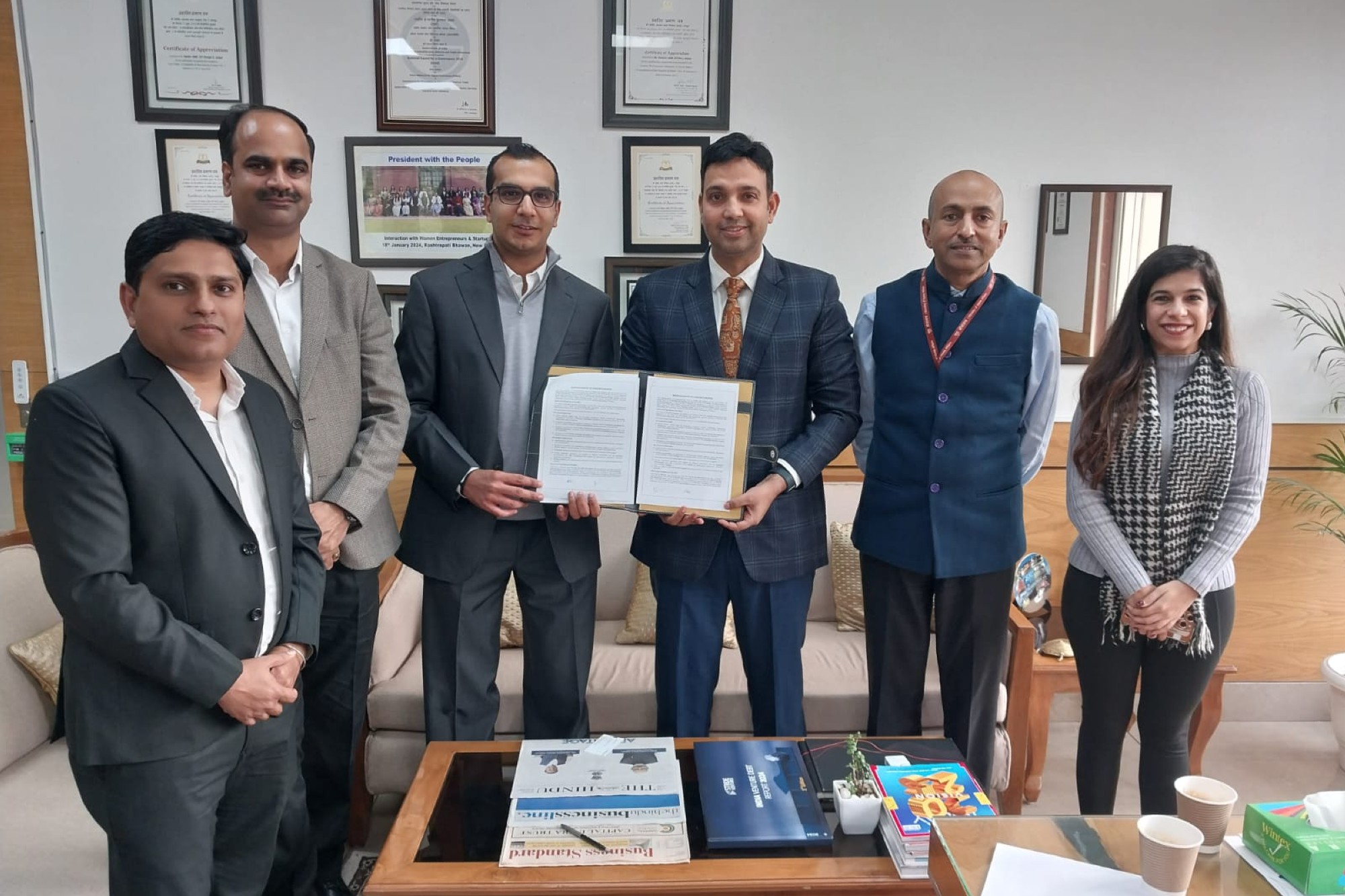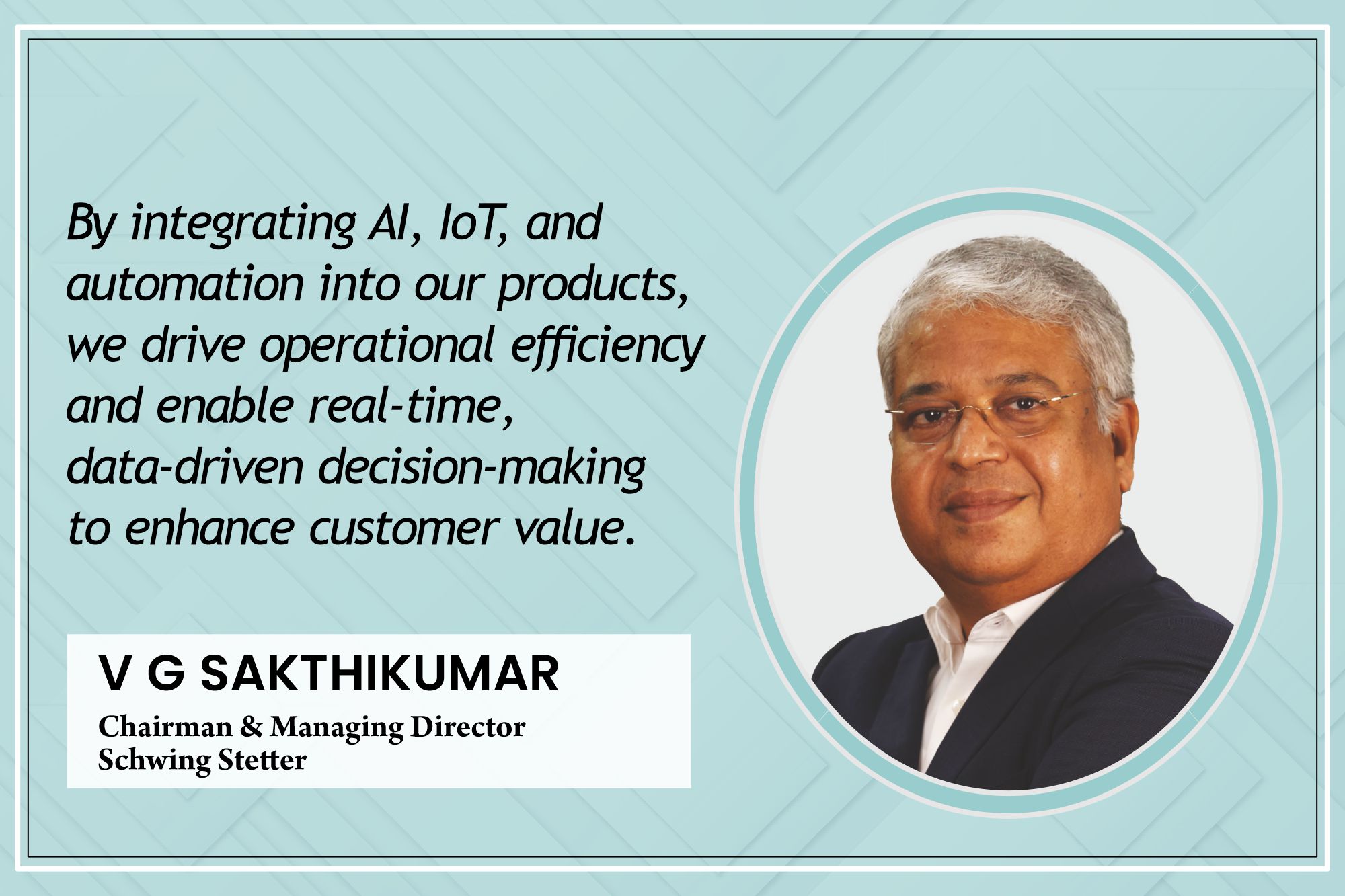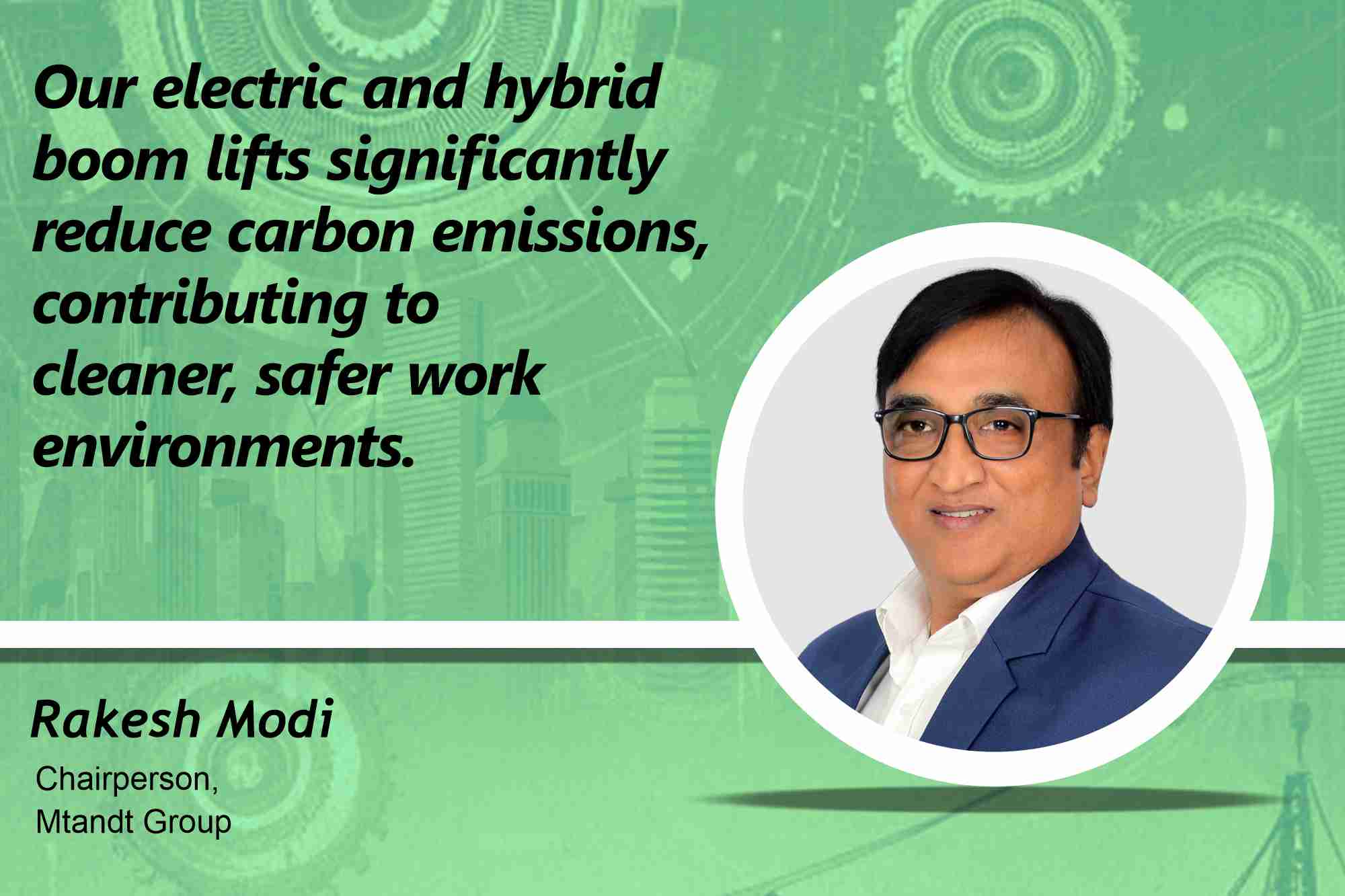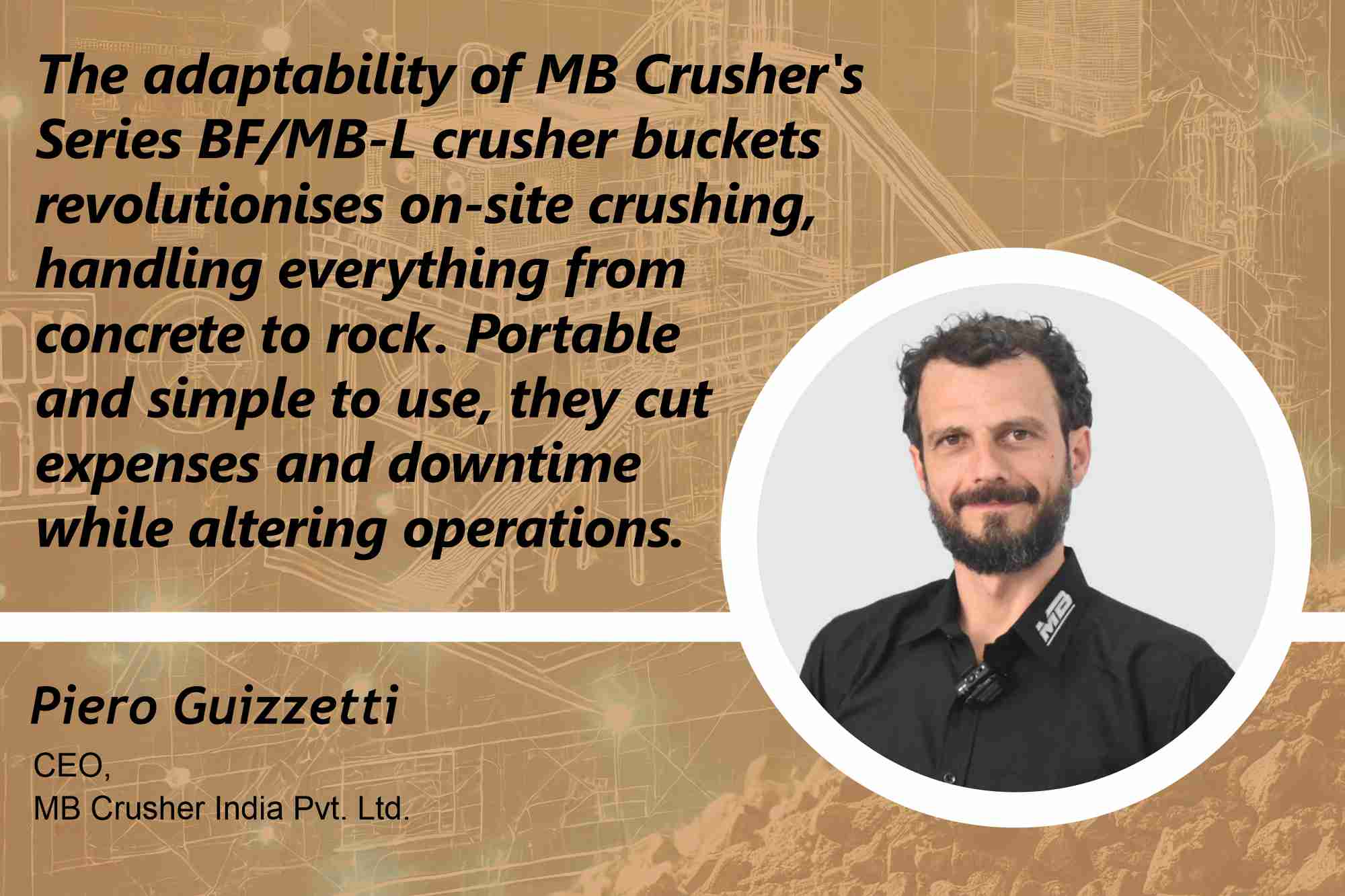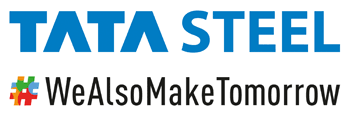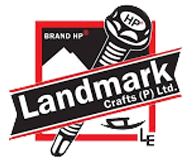Value over cost boils down to efficiency
By Edit Team | November 2, 2018 11:36 am SHARE
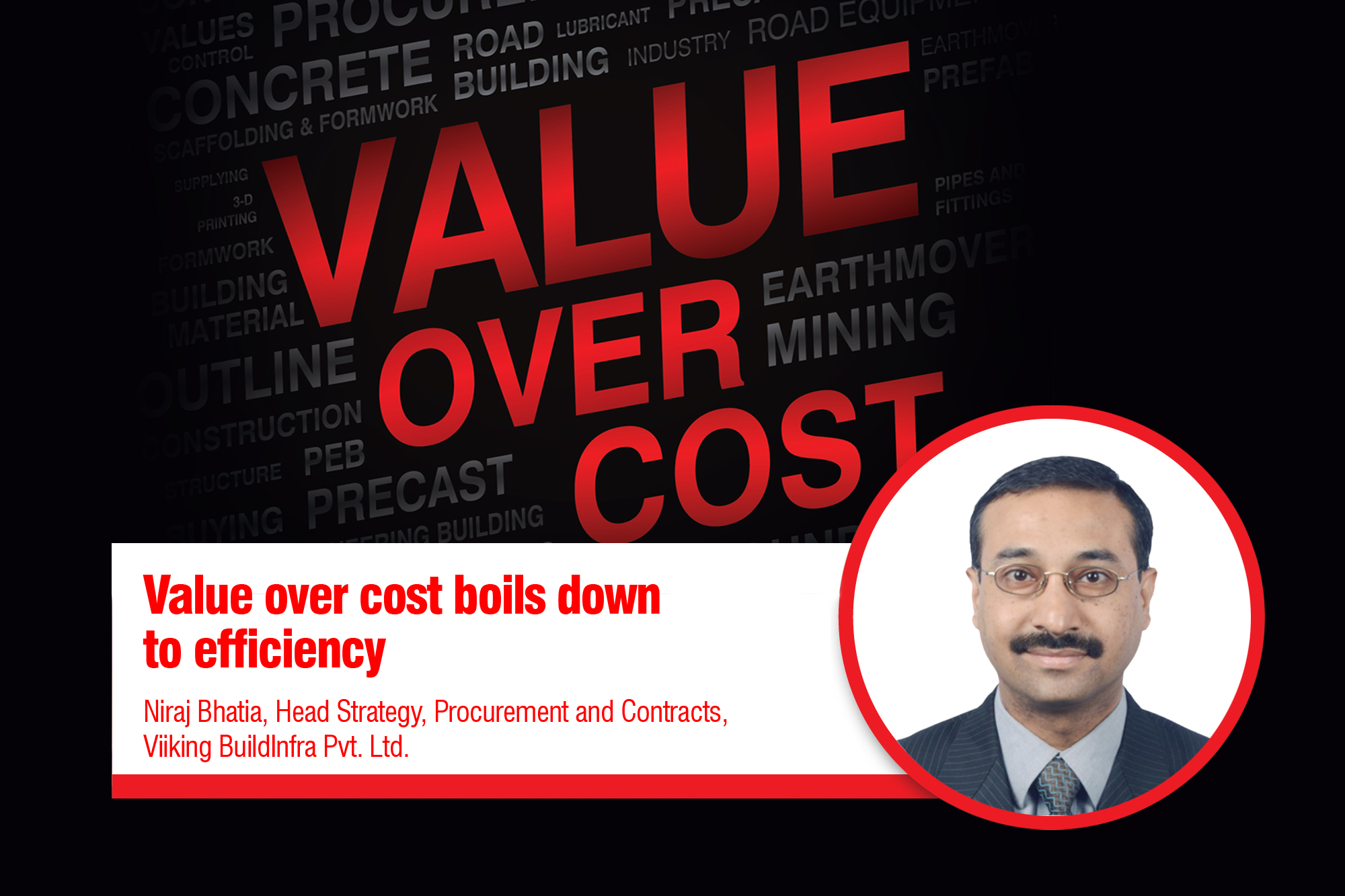
The cashflows for planning-estimation or budgeting are locked down during the initial phase of a project and are monitored on a regular basis. During a project’s lifecycle, a lot of activities are investigated on the basis of time, cost and quality for getting better end results.
“Innovation in technology, sustainability and value management are core efficiency drivers of any supply chain model,” Niraj Bhatia, Head Strategy, Procurement and Contracts, Viiking BuildInfra Pvt. Ltd., says.
Successful business houses today have either managed to eradicate the gaps or they have outsourced activities to consultants who are better equipped to deliver a successful project.
Value over cost boils down to efficiency monitoring of all the activities involved in making of a product or service. Value is defined as benefits delivered or resources used. Resources used can always be quantified in terms of money, however, benefits delivered can be broken down into objective value. The latest technologies in construction industry range from product design, quality and delivery enhancements to the productivity of the workforce involved.
RFID and life bands attached to the workers which detect the whereabouts and also keep a tab on their fatigues to avoids accidents/mishaps at site. In the near future, Exoskeleton suits may also be seen being used in India which claim to lower fatigue, increase productivity of construction by covering the most vulnerable body parts of the workers, according to Bhatia.
Researchers are developing additives and construction chemicals which help strengthen the concrete to withstand earthquake of up to 9.0 magnitude on Richter scale. These are some of the innovations which will make a huge impact on the structure’s longevity. Procurement professionals will constantly look out for such new innovations and keep taking effective decisions based on the value analysis to deliver a better product/service.
Solar power generation is being seen as a very important feature for self-sustaining development.
“We have seen solar panels on terraces and now they come in different designs to look just like your roof top maintaining aesthetics. Further, solar panels embedded on roads is the future which will eradicate the limitation of space. Still, research shows that the horizontally-placed panels are less efficient than those which are tilted, we may see some more efficient ideas in near future arresting this issue,” he said.
Make in India is a revolution which is a step towards making India a self-reliant nation. The government is taking the right steps by getting the technology and the manufacturing facilities for products of mass consumption developed in India. The technology know-how sharing will benefit across industries and infrastructure is not being left behind as infrastructure is the key growth drivers of the economy. Government to use investments for this sector in construction activities and to make the sector more advanced. The real estate sector is going to be responsible for providing better housing facilities for the people in India and better infrastructure for the companies that will invest in the manufacturing sector. Real estate sector has also been given the responsibility of providing affordable housing and create smart cities by which the population does not get concentrated in specific metros or urban areas. This is resulting in a focused approach by supply chain team to ascertain the best value/cost ratios and take best decisions in project procurement.
Innovation in technology, sustainability and value management are core efficiency drivers of any supply chain model.
Niraj Bhatia, Head Strategy, Procurement and Contracts, Viiking BuildInfra Pvt. Ltd.
Cookie Consent
We use cookies to personalize your experience. By continuing to visit this website you agree to our Terms & Conditions, Privacy Policy and Cookie Policy.



